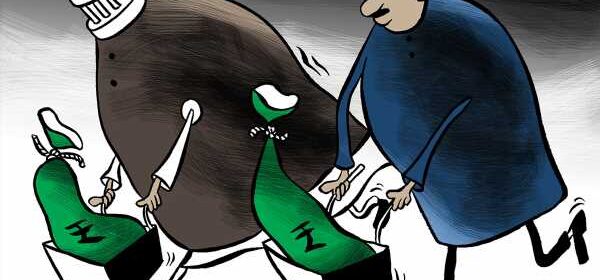India Inc plans to press the pedal on capital expenditure: CEO poll

Companies in India are planning to press the pedal on capital expenditure (capex) in the coming months to cash in on rising consumption demand and the government’s Rs 10 trillion investment in infrastructure.
A dipstick survey of 22 chief executive officers (CEOs) across India shows that over 86 per cent of the respondents have invested in the past one year and they plan to do more in the coming months.
Several CEOs said the government’s plan to invest Rs 10 trillion in new roads, highways, and railways would result in new orders for their companies. As a result, companies are expanding capacity.
All the CEOs said infrastructure had improved in the past nine years since 2014, when Narendra Modi became prime minister.
The Reserve Bank of India’s (RBI’s) recent statement also indicated a rise in capex as project loans to the private sector by banks showed fresh sanctions at 2.2 per cent of loans in FY23 (versus 1.3 per cent in FY22) and pending disbursements at 1.4 per cent of loans.
However, while there is improvement, some analysts say the gains are still not widespread.
“While this is an improvement from what we have seen in the previous few years, we would want to believe that we are still not in a robust phase of growth. Infrastructure like power and roads and bridges remains a preferred destination for bank funding.
“There is a marginal increase in mega projects,” a report by Kotak Institutional Securities said.
Investment by India Inc is led by large firms.
While the latest is engineering major Larsen & Toubro, which, along with its joint-venture partners, is planning to invest up to $4 billion in green hydrogen.
Earlier Adani Group had said it planned to put in $70 billion in renewable energy by 2027.
Likewise, Reliance Industries and Tata Group are investing around $9.2 billion each in green energy.
The RBI’s statement said private firms’ aggregate project cost of Rs 2.7 trillion had received financial closures from banks/financial institutions in FY23 — the first Rs 2 trillion print since the Rs 4.1 trillion peak seen in FY2010 —thus highlighting optimism on capex.
When asked about the performance of the Modi government over the past nine years, 73 per cent of the respondents rated it “good”.
Another 23 per cent said it was “average”, while only 4.55 per cent called it “bad”.
Against the backdrop of recent scrutiny by investigating agencies of some business houses, 59 per cent of the CEOs said they were not worried while the rest said they were.
When asked whether they expected buoyancy in the Indian stock markets to continue, 59 per cent said the markets would stay robust in the coming months.
Almost 55 per cent expect the rupee to weaken further.
When asked about their biggest concern, over 27 per cent cited rising prices as a major one while 23 per cent held duopolies as the culprit.
Around 18 per cent cited unequal growth as a major problem facing the country while the rest raised several other issues including dependence on China for raw materials.
An overwhelming majority of 91 per cent of the CEOs said the government should offer more tax incentives to the salaried class, which is facing the brunt of rising prices and did not receive any substantial tax cuts in the past few years.
With respect to internal security, 55 per cent of the CEOs said they were not worried about the recent riots in Manipur and Haryana.
Fifty-nine per cent said they did not believe the new Opposition alliance was strong enough to take on the BJP in the general elections next year.
(Dev Chatterjee with Sohini Das, Ishita Dutt, Shine Jacob, Sundar Sethuraman, Abhishek Kumar, Anjali Singh and Ajinkya Kawale)
Source: Read Full Article

